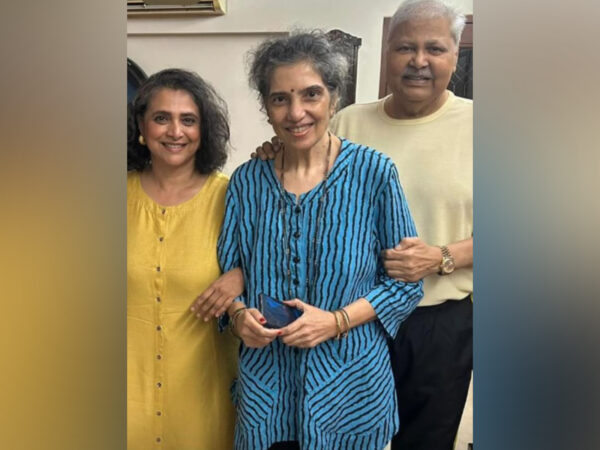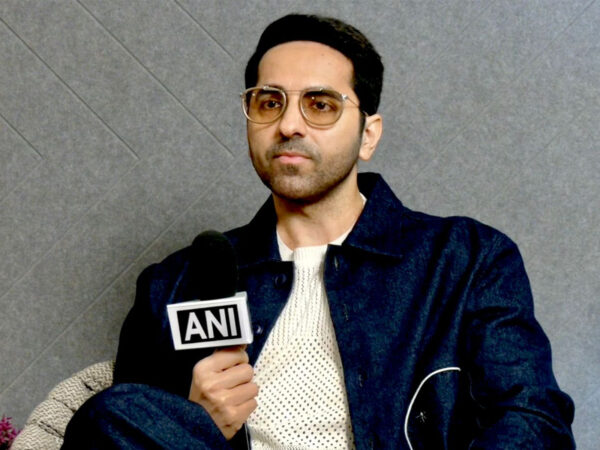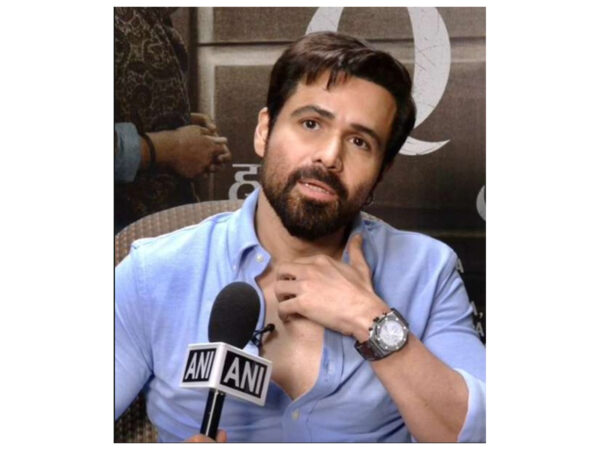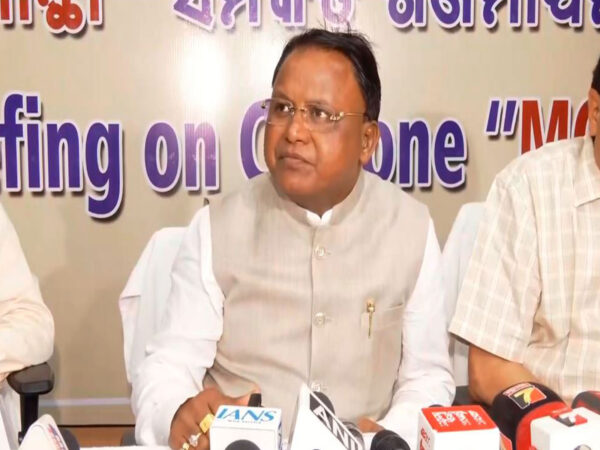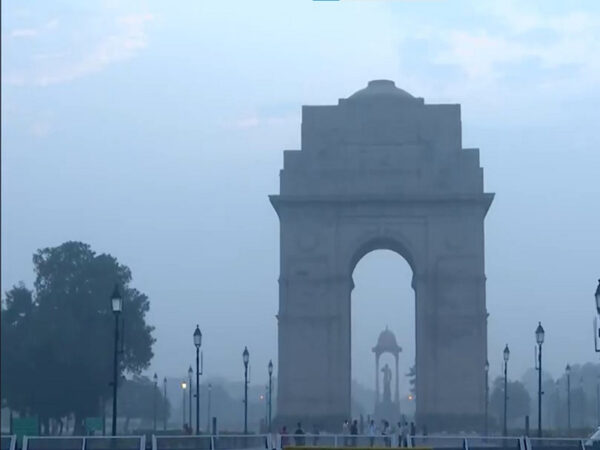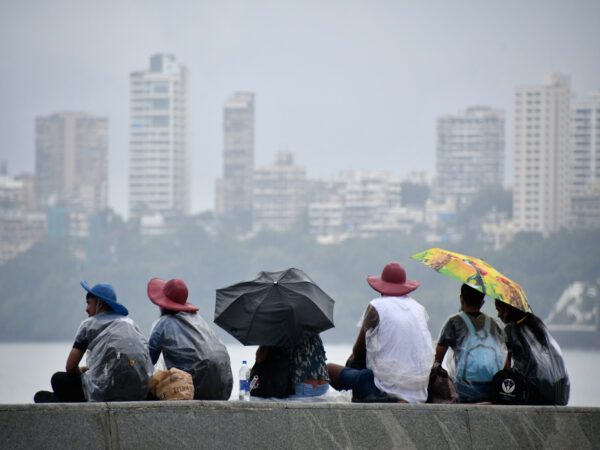US President Donald Trump on Wednesday asserted that nothing would undermine the fragile Gaza ceasefire he brokered a few weeks ago, even after Israel launched deadly airstrikes in the enclave on Tuesday, killing over 30 in response to the alleged killing of an Israeli soldier.
Speaking to reporters during a gaggle aboard Air Force One, Trump justified Israel’s retaliation, stating that Israel should “hit back”.
“They killed an Israeli soldier. So, the Israelis hit back, and they should hit back. When that happens they should hit,” the US President said during the gaggle en route to South Korea.
Pressed on whether the Israeli action risked undermining the ceasefire, Trump replied flatly, noting that “Nothing is going to jeopardise that.”
He sought to minimise Hamas’s role in any broader peace process, calling the group “a very small part of peace in the Middle East” and warning that its members would face severe consequences if they failed to comply with ceasefire terms.
“You have to understand, Hamas is a very small part of peace in the Middle East and they have to behave. They’re on the rough side, but they said they would be good, and if they’re good, they’re going to be happy. And if they’re not good, they’re going to be terminated. Their lives will be terminated. And they understand that. And we have many countries that are willing to do that,” he stated.
The remarks by the US President come hours after the Israel Defence Forces (IDF) carried out air strikes in the region after Israeli Prime Minister Netanyahu instructed his military to “immediately carry out forceful strikes in the Gaza Strip,” as per a statement from his office on Tuesday.
“Following security consultations, Prime Minister Netanyahu has directed the military to immediately carry out forceful strikes in the Gaza Strip,” the Israeli PMO stated.
As reported by CNN, Israel had informed the US about their decision to carry out strikes in Gaza.
A military official said that Hamas militants attacked Israeli forces east of the so-called yellow line, which demarcates the Israeli-occupied part of Gaza from the rest of the enclave.
The troops stationed in the Rafah area reportedly came under rocket-propelled grenade (RPG) and sniper fire, CNN reported.
Following the assault, Israeli Defence Minister Israel Katz warned that Hamas would pay a “heavy price” for targeting Israeli Defence Forces (IDF) personnel.
“Israel will respond with great force,” Katz said.
According to the IDF, at least 30 people were killed in the strike “in which dozens of terror targets and terrorists were struck.”
Israel has also accused Hamas of misidentifying the remains of the most recently returned captive, which were of an abductee whose body was recovered two years ago.
Netanyahu said he’s deciding on next steps after Hamas returned the remains of a previously recovered captive, as per Al Jazeera.
Hamas condemned what it described as a “criminal bombardment” by Israel, alleging that it violated the ongoing ceasefire agreement. The group denied responsibility for the attack on Israeli troops but reaffirmed its commitment to maintaining the truce, CNN reported. (ANI)


